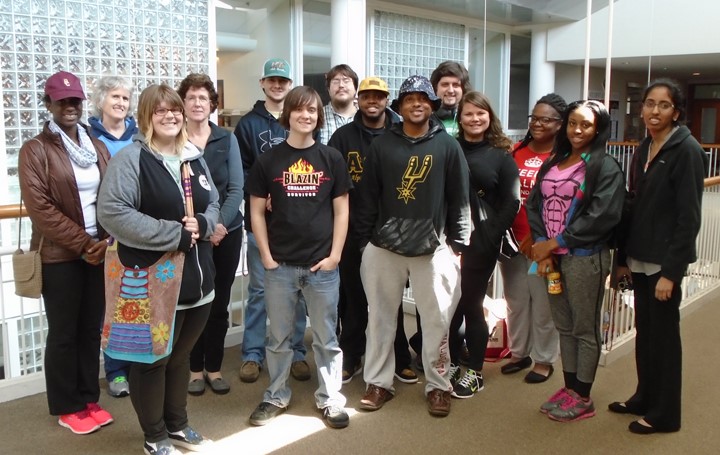Indispensable Inventories: 2025 Survey of the State of Digitization at Small US Natural History Collections
If you work in a small natural history collection, we want to hear from you! Participate in iDigBio’s survey ‘Indispensable Inventories: 2025 Survey of the State of Digitization at Small US Natural History Collections.’


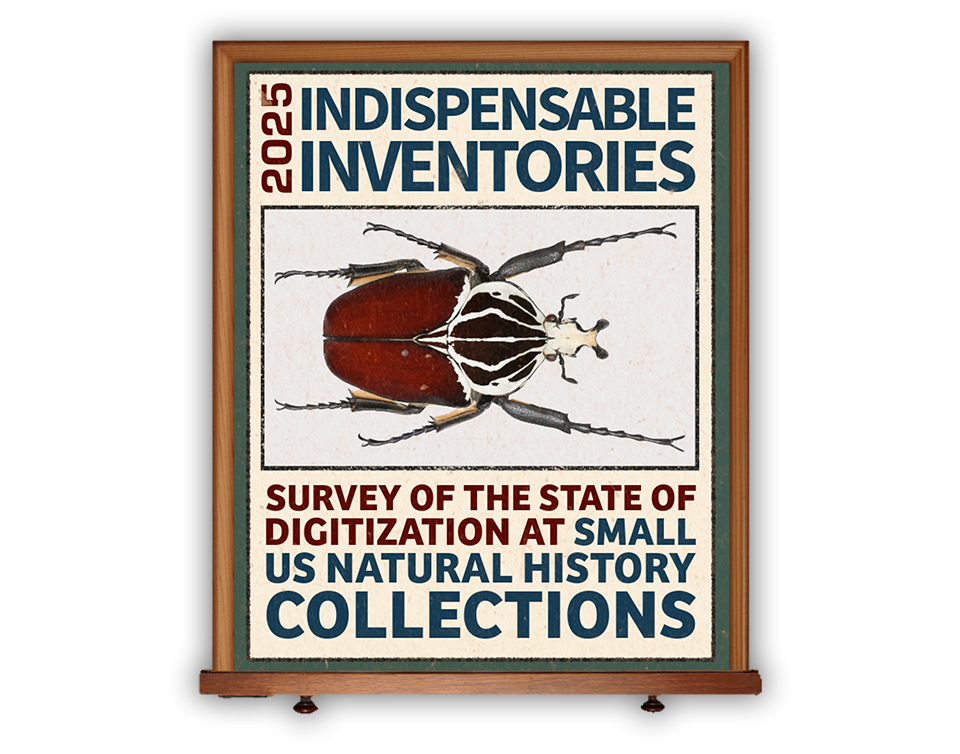
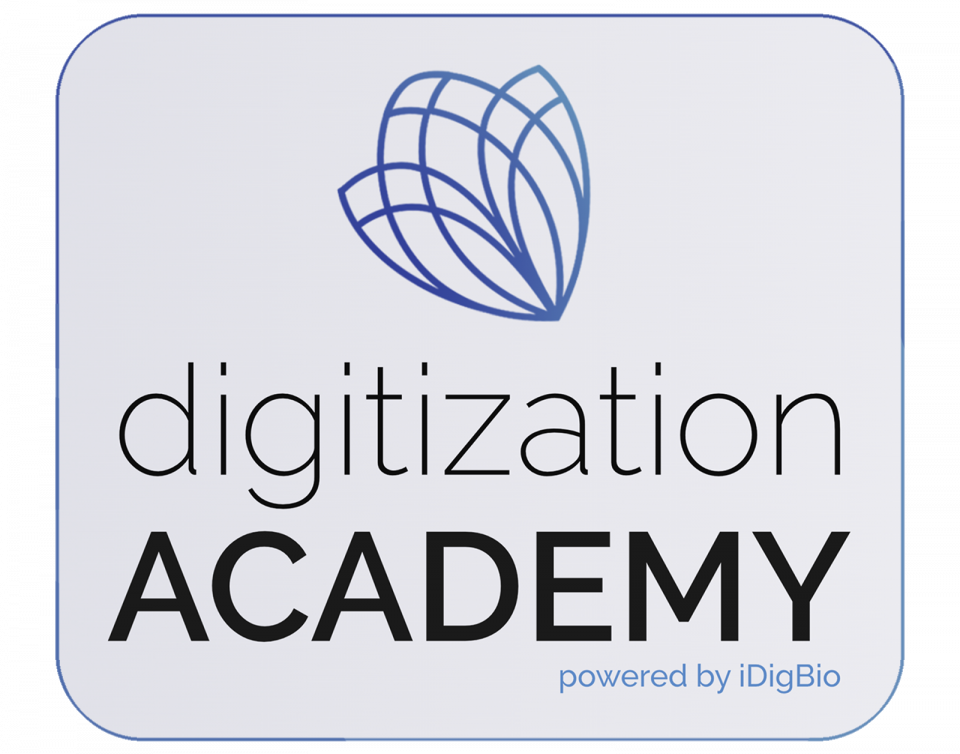
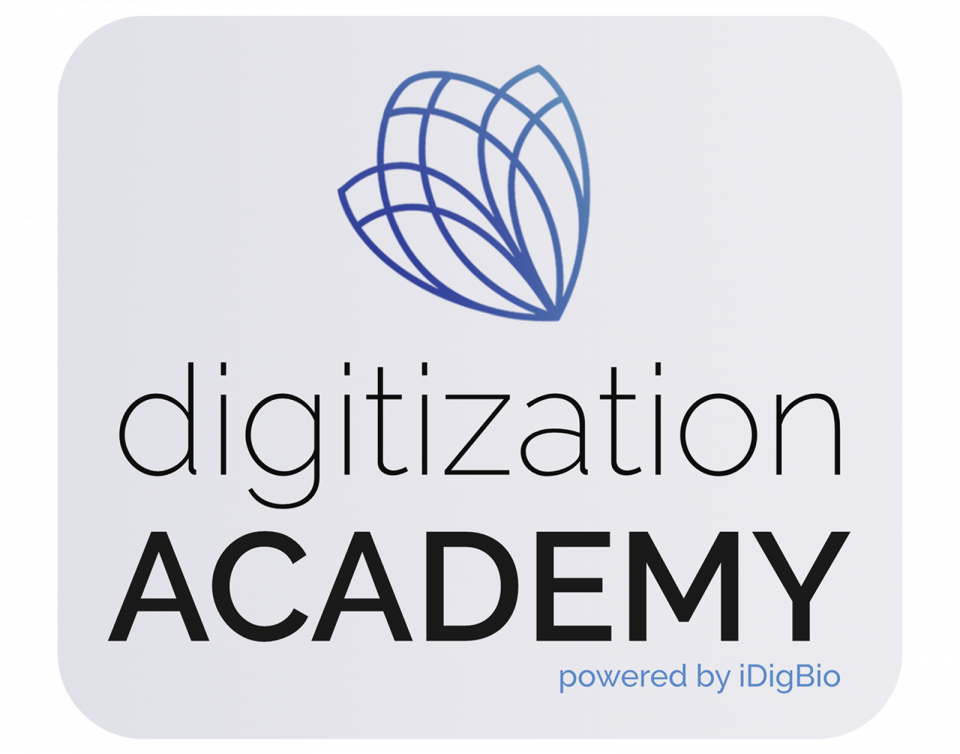
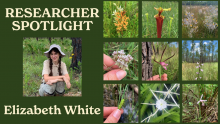
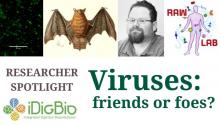

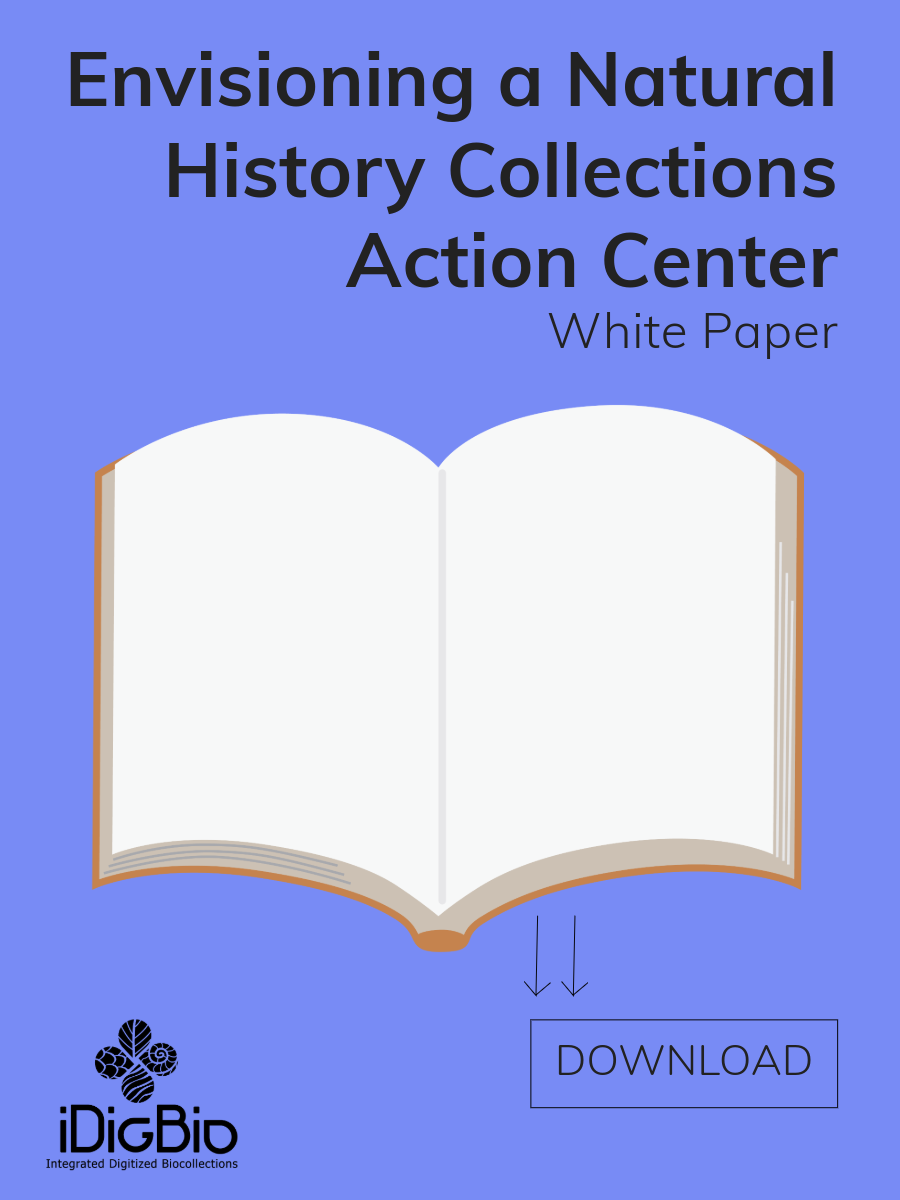
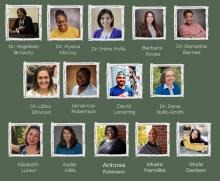
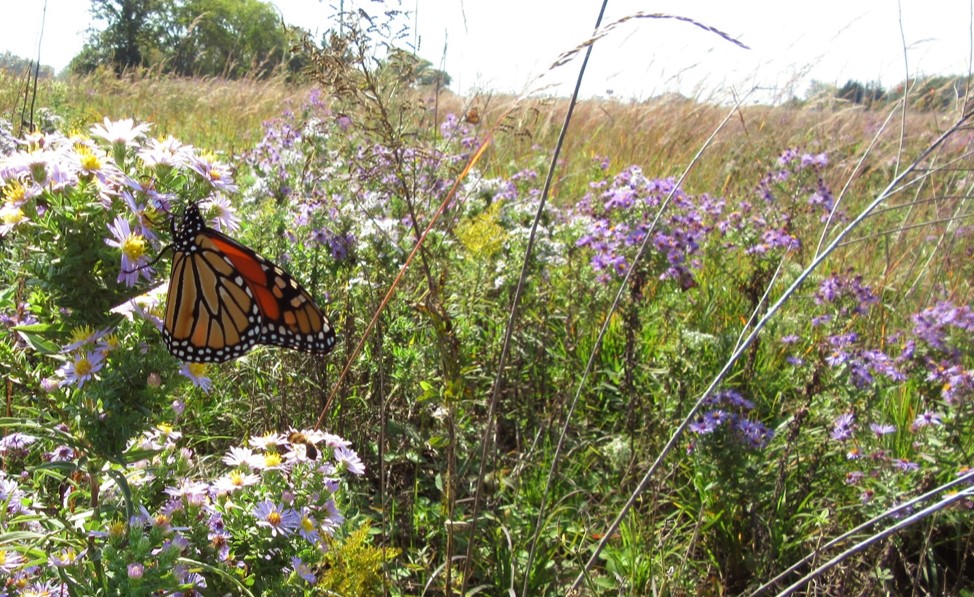
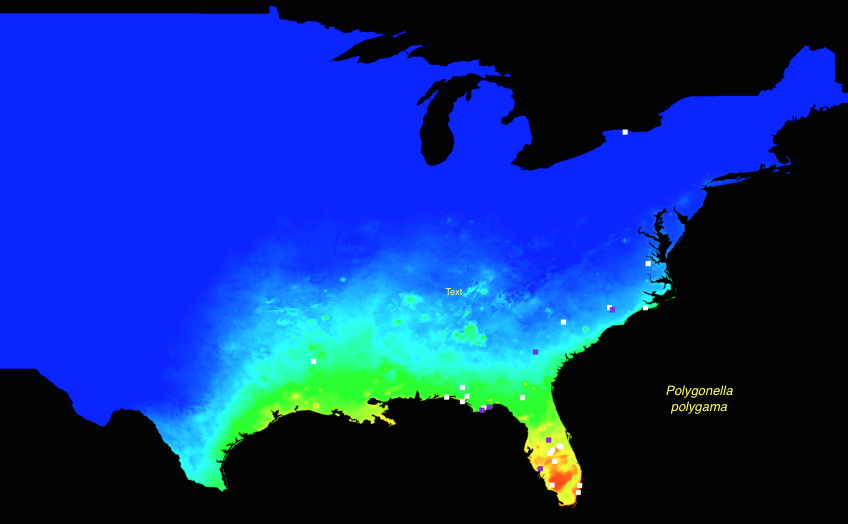
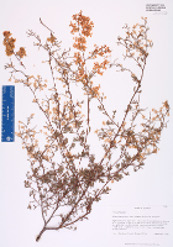

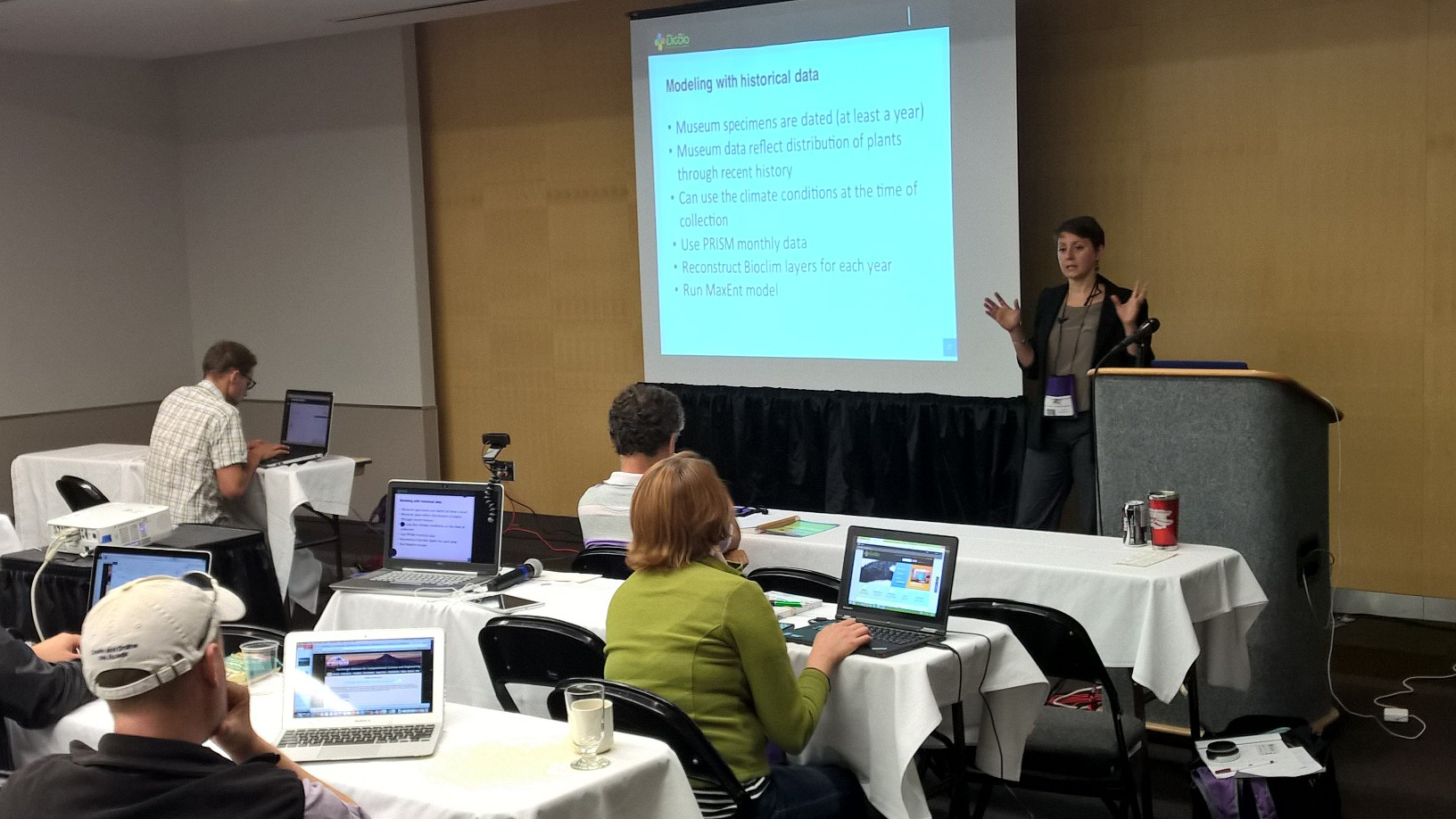 On July 26, 2015, iDigBio hosted an all-day
On July 26, 2015, iDigBio hosted an all-day 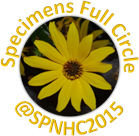
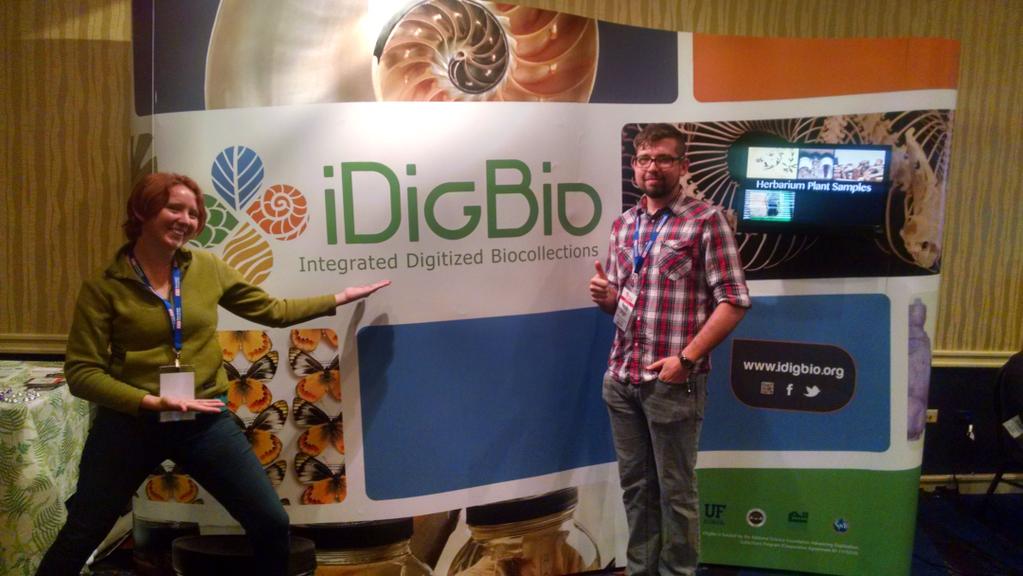 Accessible Through New and Innovative Approaches and Partnerships”.
Accessible Through New and Innovative Approaches and Partnerships”.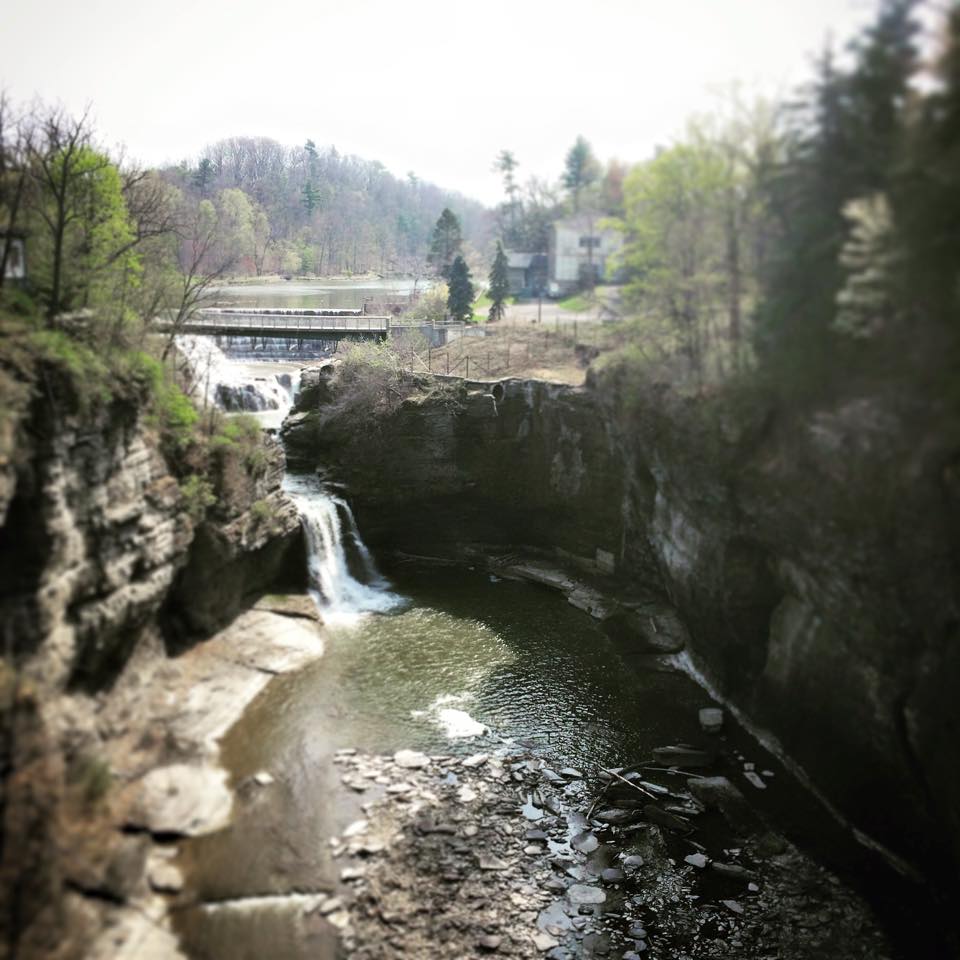
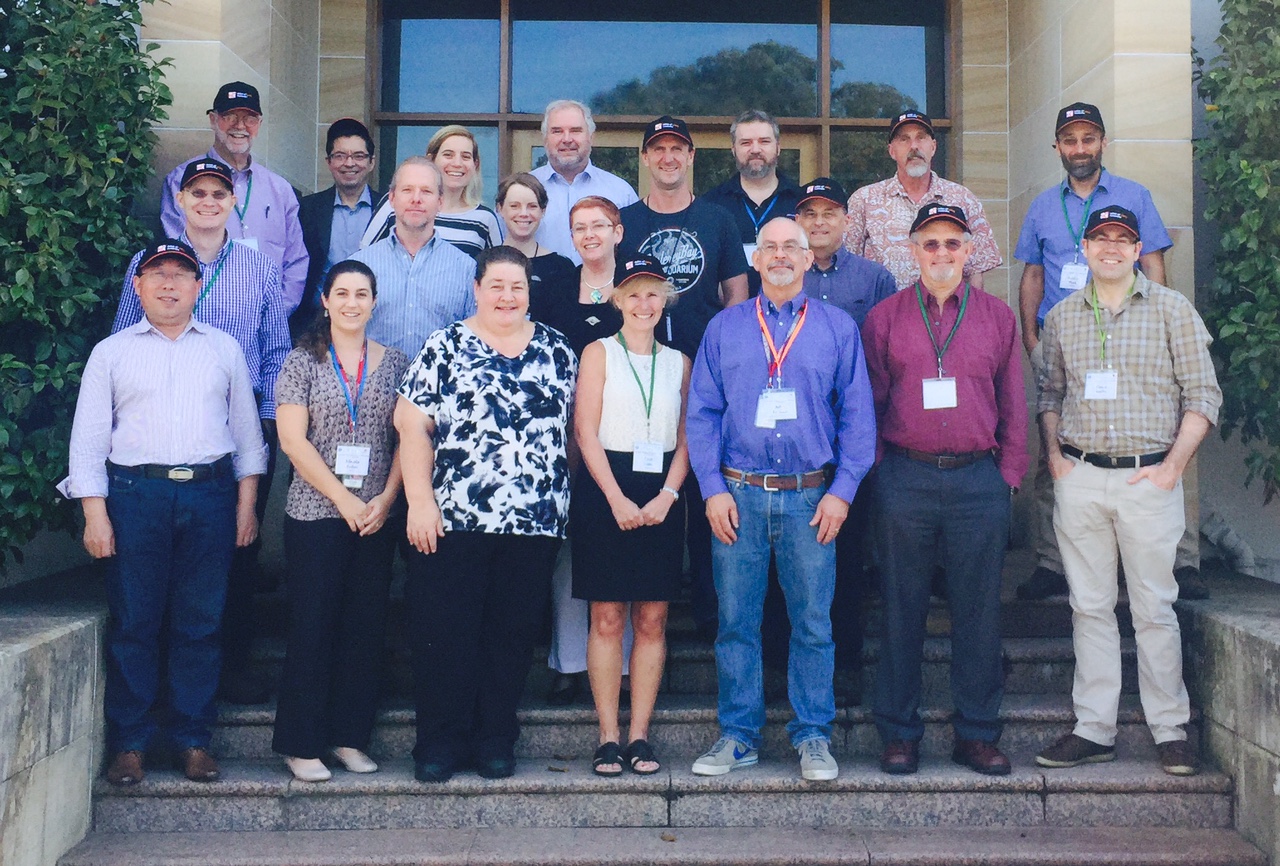
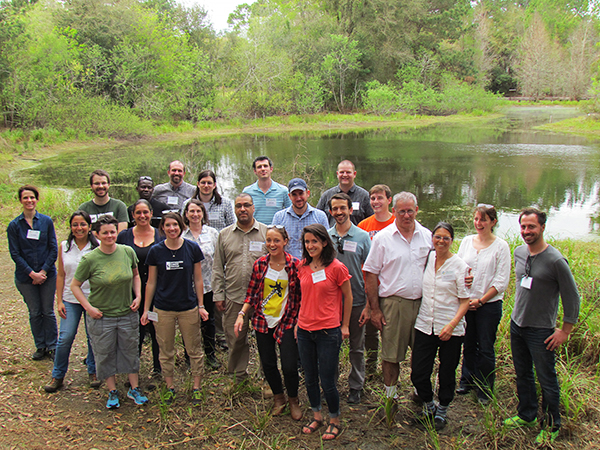
 -Guest blog enthusiastically provided by course participant
-Guest blog enthusiastically provided by course participant 